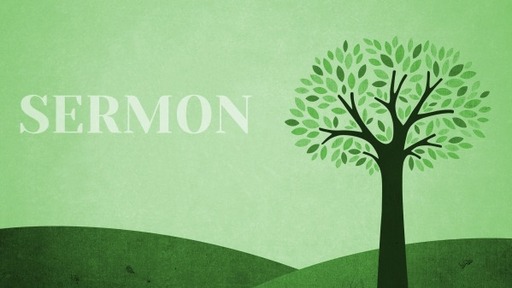Sunday 18 September - Being people of the light (Reverend Richard Apperley)

Parables 101
Paraphrase
Jesus explains
For the people of this world are more shrewd in dealing with their contemporaries than the people of light. 9 And I tell you, make friends for yourselves by how you use worldly wealth, so that when it runs out, you will be welcomed into the eternal homes.
10 “The one who is faithful in a very little is also faithful in much, and the one who is dishonest in a very little is also dishonest in much. 11 If then you haven’t been trustworthy in handling worldly wealth, who will entrust you with the true riches?
In context
We see every day, all too often, how the world pursues its own ends so devotedly, because it has its interests at heart and spares no pain or effort to get them.… On the other hand, we see how the children of light, that is, confessed Christians, are unproductive, listless, negligent, and indolent in divine matters, even though they know that God delights in their efforts and that they will enjoy his pleasure in eternity
Money
33 Sell your possessions and give to the poor. Provide yourselves purses that do not wear out—a treasure in heaven that never decreases, where no thief approaches and no moth destroys. 34 For where your treasure is, there your heart will be also.
Jesus’ final dig
14 The Pharisees (who loved money) heard all this and ridiculed him. 15 But Jesus said to them, “You are the ones who justify yourselves in men’s eyes, but God knows your hearts. For what is highly prized among men is utterly detestable in God’s sight.